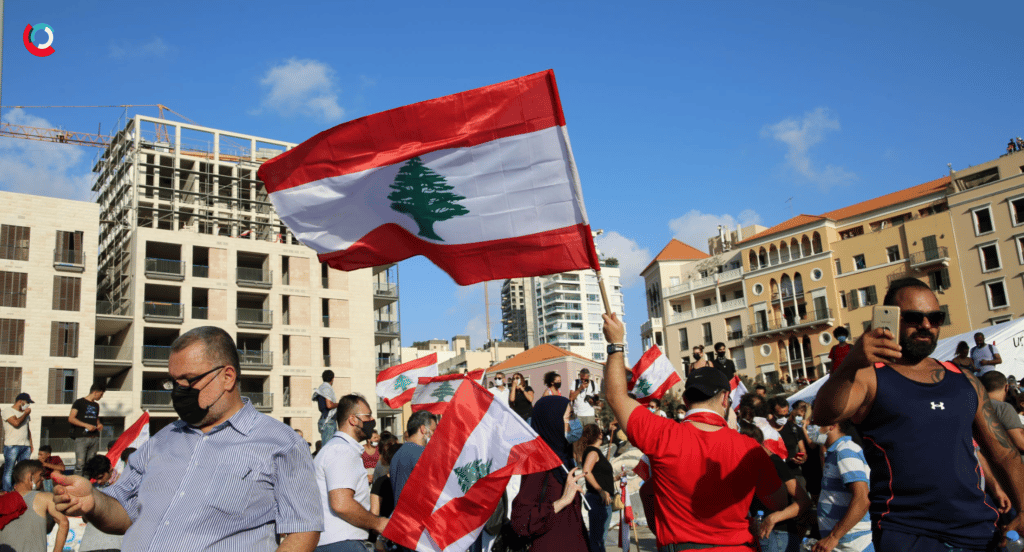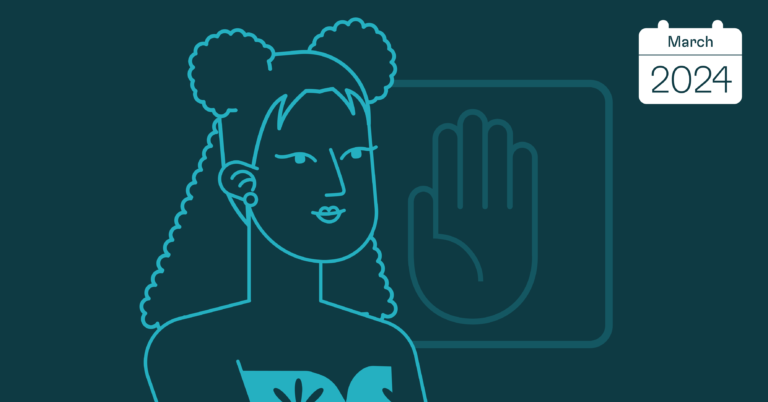By Indi Phillips
Introduction
Lebanon has suffered rolling crises since 2019: hyperinflation has plagued the population with the currency losing more than 99 percent of its value, fuel and bread shortages are commonplace, electricity is available for only a few hours a day and at extremely high prices and the economy has yet to fully recover from the catastrophic Port of Beirut disaster in August 2020, the result of years of corrupt practices and disregard for safety regulations. For many this has meant emigration; since 2019, some 500,000 Lebanese have left the country to seek work and stable living conditions.
The level of dysfunction the population is faced with on a daily basis has prompted the latest break from wartime political allegiances and often necessary clientelist networks, and has led many to vote for change. This is no small matter in a country where the state all but fails on every count, as many families rely on their local political or religious leader to provide basic commodities including fuel and bread. Deciding to vote against these allegiances puts many in a fragile position.
New political lines drawn
Lebanon’s political system is based roughly on its social distribution. The country is home to Shi’a and Sunni Muslims and Maronite and Orthodox Christians in addition to several other minority groups such as the Druze. The parliamentary structure is based on these denominations: the prime minister must always be a Sunni representative, the speaker a Shi’a and the president a Christian. This embedded sectarian structure is no longer representative of increasing numbers of people and many struggle with such divisions.
This structure, combined with multiple other factors including past civil war allegiances, has enabled the ruling classes to reign unchecked, squandering state and population assets alike, as ultimately the political class are no more than the heirs to the militia heads of the civil war and have little or no idea how to run a country. The sectarian system adds fuel to the fire, enforcing fractures in a population still divided by the 1975-1990 civil war.
However, in the 15 May elections, voters voted for an unprecedented number of independents (13), and against the ruling Christian party (Free Patriotic Movement), its ally, the ruling Shi’a party (Hezbollah) and the ruling Sunni party ( Future Movement). For the first time since Hezbollah’s ascension from a military outfit to a political party, their bloc suffered a loss which left them without the parliamentary majority they have become accustomed to, losing its majority by three seats and winning only 62 of 128 seats. The Free Patriotic Movement, led by caretaker President Michel Aoun, lost heavily to their opposition Lebanese Forces, headed by Samir Geagea while the previously powerful Sunni Future Movement all but disappeared under an avalanche of newly-elected Sunni independents.
The first parliamentary meeting on 31 May, to vote in the Speaker of Parliament, a role held by the Hezbollah bloc’s Nabih Berri since 1992, resulted in only a marginal win of 65 votes for Berri. At least 40 of the votes were classed as invalid, many reading the assassinated anti-Hezbollah activist’s name ‘Lokman Slim’ and others reading ‘Justice for the Beirut Blast victims’. The 65 votes and 40 invalid votes represent a weakening of the old political system. (In previous votes, Berri won the seat by at least 90 votes.)
Although the election and subsequent parliamentary votes are generally perceived as a major win against sectarianism, clientelism, corruption and the old political class, it is unclear how independents will align themselves following government formation. Independents will be pressured to conform to sectarian party politics, thereby reinforcing the old party system. Alternatively, independents may form an independent body which drives immediate and vital reforms the country so desperately needs.
Regardless of which direction independents take, Lebanon is unlikely to see a government formed before September’s proposed presidential elections as no figure will willingly have their name associated with a government lasting only three months and at that, Lebanon’s toughest three months in the year. The summer months are traditionally the months in which the country displays complete collapse: imports stall, electricity diminishes to 30 minutes a day, lines for fuel clog the streets and high temperatures make daily living exceedingly difficult.
Inaction for the next three months falls at an untimely moment as shortages will hit an increasingly vulnerable population, of which 80 percent live below the poverty line, particularly hard. Although this election cycle has not brought with it any conclusive or immediate change, the vote has shown a definitive step in the right direction and is indicative of major social change.
Summary
Lebanon will remain under a caretaker government until presidential elections, likely exposing the vulnerable population to further shortages and hardships. The results of the 15 May legislative elections have shown however that there is a clear motivation for change, hinting at a challenge to the current political class responsible for the country’s many crises.
Indi Phillips is a Lebanon-based political and security risk analyst covering Sub-Saharan Africa and the Middle East.















